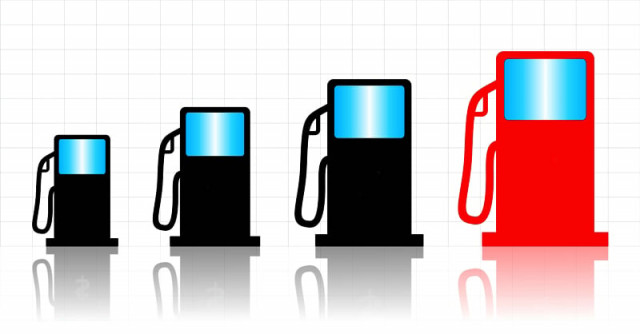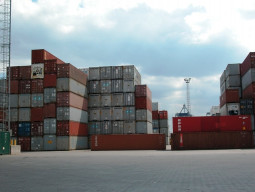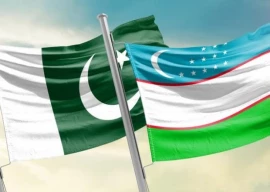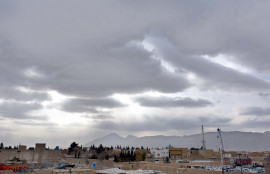
Although the Pakistan Peoples Party-led government has completed its tenure, it has left unresolved a controversy in the energy sector that can cost the public purse billions of rupees. Now, the upcoming short-lived caretaker setup will have to deal with the issue, which may lead to a fall in gas production.
According to sources, soon after the approval of the Petroleum Policy 2012, two exploration companies sought higher prices for increasing production from existing fields, which sparked a controversy. One company was producing 13 million cubic feet of gas per day (mmcfd) against a commitment of 3.5 mmcfd in the development plan.
“This company asked the government to pay arrears of $1.7 billion in accordance with the clause of 10% increase in gas production in the new policy since the time it increased the output,” a source said.

In the Petroleum Policy 2012, gas exploration companies were offered a substantially higher price for enhancing production by 10% from existing fields compared to the commitment given in the development plan. In the policy, wellhead gas price has been set at $6 per million British thermal units (mmbtu) for Zone-III, $6.3 for Zone-II and $6.6 for Zone-I. It also provides a comprehensive pricing mechanism for Zone-0 with $7 per mmbtu for shallow wells, $8 for deep wells and $9 for ultra-deep wells.

At present, most of the exploration companies are getting $2.5 to $3.5 per mmbtu.
Then director general gas, Saeedullah Shah, had opposed the higher price, arguing that gas companies would try to enhance production that could choke existing fields. But he paid the price for his opposition as he was removed from the post. However, he was not alone, another top official of the petroleum ministry was also dismissed for the same reason.
Sources said former petroleum secretary Dr Waqar Masood was also of the view that gas companies should only get the new price when they increased production from new blocks. But the companies, which were already producing over and above the commitment, came up with the demand that they be given the higher price.
Masood sent a summary to the provinces, seeking their comments on the clause and Punjab supported him, saying that only those companies should be given the price announced in the Petroleum Policy 2012, which produce 10% additional gas from new blocks and not existing ones.
Now, oil and gas exploration companies are lobbying the provinces for winning support to their point of view.
Earlier, the government did not agree with OMV, which was seeking an increase in wellhead gas price from $2.6 to $3.6 per mmbtu for enhancing production by 25 mmcfd from Latif gas field.

OMV is an operator of Latif gas field, which is jointly owned by Pakistan Petroleum Limited (PPL) and Italy’s ENI.
However, the government did offer a higher price to the company through the Petroleum Policy 2012.
On the other hand, oil and gas exploration companies, which had been denied wellhead gas price of $3.75 per mmbtu for the last two years under the Petroleum Policy 2009, were offered $6 per mmbtu by the government by shifting their licences from the 2009 to 2012 policy.
Sources in the OMV joint venture stressed that they would invest $146 million to increase gas production by 10%. “After incentives in the new petroleum policy, we have planned to drill four new wells instead of two wells and will lay a 50km pipeline,” one of them said.
According to the commitment plan, the OMV joint venture was to produce 77 mmcfd in 2013, but it would enhance production to 100 mmcfd to qualify for the higher price, sources said, clarifying the company would get the price incentive for the additional 10% gas only.
Background discussions with government officials reveal that the top brass in bureaucracy hopes that they will be able to improve the new petroleum policy after taking provinces on board. A summary is before the inter-provincial Council of Common Interests (CCI) to correct the clause and close the door to minting of money.
Published in The Express Tribune, March 19th, 2013.
Like Business on Facebook to stay informed and join in the conversation.


















COMMENTS
Comments are moderated and generally will be posted if they are on-topic and not abusive.
For more information, please see our Comments FAQ